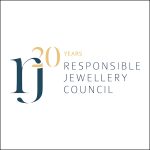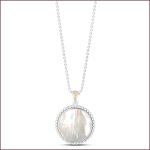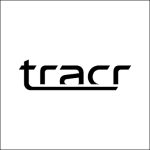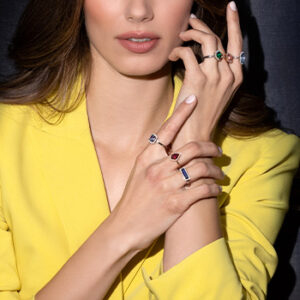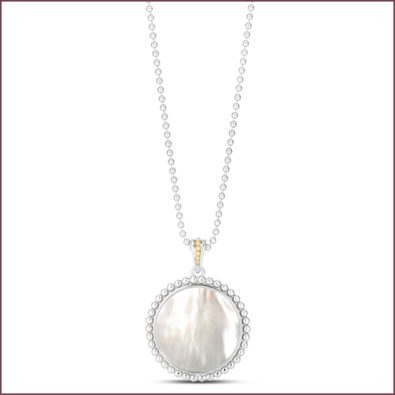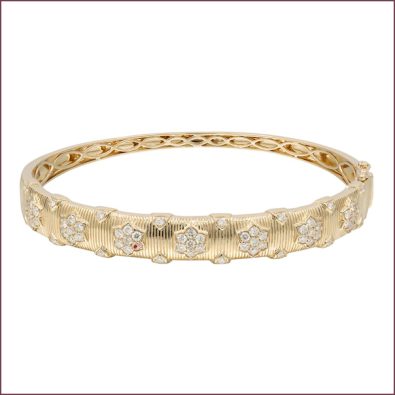Millennials Want Diamonds
Despite experiencing less favorable economic conditions than preceding generations and progressing more slowly along the traditional life path, millennials express strong desire for diamonds when they reach financial and demographic maturity, says research by De Beers in its Diamond Insight Report 2017. Millennials deliver volume and value growth underpinned by stable bridal consumption and potent desire for diamonds as gifts and self purchases.
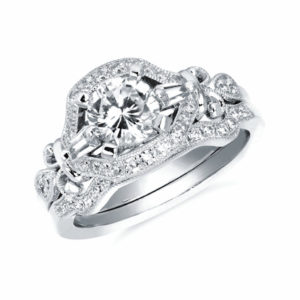 While slower U.S. GDP growth in the first quarter of 2017 is likely to have impacted diamond jewelry demand in the short term, the U.S. has recorded five years of consecutive demand growth, the study says. U.S. consumers now account for half of all diamond jewelry purchases globally about $41 billion of the $80 billion reported, a level not seen since before the financial crisis.
While slower U.S. GDP growth in the first quarter of 2017 is likely to have impacted diamond jewelry demand in the short term, the U.S. has recorded five years of consecutive demand growth, the study says. U.S. consumers now account for half of all diamond jewelry purchases globally about $41 billion of the $80 billion reported, a level not seen since before the financial crisis.
Bridal diamond jewelry continues to be the foundation of the industry, but products popular for female self-purchase are growing. Diamond Insights cites acquisitions and spend increase among single women driving demand in self-purchase non-bridal jewelry. Consumers are spending more on diamond jewelry, with retailers seeing sales up in the $1,000-$5,000 range.
Diamond Fashion Trends
A new “What Women Really Want” survey by KRC Research for the Diamond Producers Association reveals that despite living in a world of fast-fashion and unlimited choices, a “buy less, buy better” mentality prevails among millennial women. Of the nearly 1,000 surveyed, nearly nine in 10 (89%) prefer “the real deal” opting for fewer and finer items, with the percentage higher (94%) among the highest earning millennials ($150,000+).
Delicate diamond jewelry is popular in re-imagined designs for bracelets, earrings, pendants and rings perfect for stacking and layering. This direction has introduced fine jewelry to a new generation of diamond buyers, says Maren Spence, merchandise manager for Ostbye, Minneapolis, Minnesota.Laxmi Diamond
Spence says bolo-style bracelets are popular in silver and diamonds, in designs from straight line to infinity. Nick 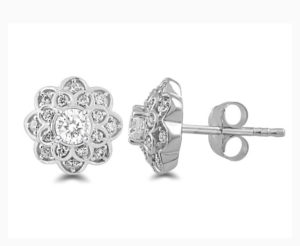 Parekh for Laxmi Diamond in New York notes that the bolo bracelet trend came from the costume jewelry sector and caught on in fine fashion, even in gold and bigger total carat weights. “Bolo bracelets are an easy sell because it has an all diamond tennis bracelet look that fits everyone.”
Parekh for Laxmi Diamond in New York notes that the bolo bracelet trend came from the costume jewelry sector and caught on in fine fashion, even in gold and bigger total carat weights. “Bolo bracelets are an easy sell because it has an all diamond tennis bracelet look that fits everyone.”
Moreover, the earring category is undergoing a major renaissance in designs that adorn every part of the ear—with different takes on jackets, climbers, and front-back styles favorites, says Spence. She also cites delicate diamond pendants popular for layering different lengths, in classic motifs like circle, bar and chevron.
Diamond Bridal Trends
In bridal, it’s not about a single stone but multi-diamond looks and interesting ring designs. Among the leading trends are halo and cluster designs, fancy shape diamonds and use of mixed metals, and floral and vintage motifs. Jeffrey Cohen, vice-president of sales, KGS Jewels, New York cites greater involvement by the bride in the ring purchase shifted focus from the diamond to the overall design.
“Millennials want diamonds, but they’re paying more attention to the mounting,” says Cohen, citing intricate details tucked away and visible only from the side of the ring. He sees personalization the big trend, as couples want to customize features like diamond shapes and sizes and band details.
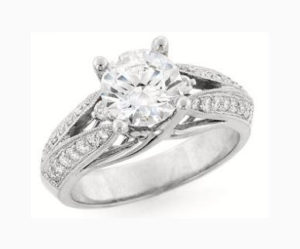 Halo settings remain popular. But demand is for fresh takes on the look says Spence, like two-tone, detailing of stones around the crown and edge, mixing of texture, and vintage and floral accents. Rebecca Foerster for Leo Schachter, New York also cites alternative halos mixing shapes like round center stone with cushion frame, diamond-encrusted twists, and creative use of negative space.
Halo settings remain popular. But demand is for fresh takes on the look says Spence, like two-tone, detailing of stones around the crown and edge, mixing of texture, and vintage and floral accents. Rebecca Foerster for Leo Schachter, New York also cites alternative halos mixing shapes like round center stone with cushion frame, diamond-encrusted twists, and creative use of negative space.
Parekh hails cluster styles almost as popular as halo, particularly groupings of various sized diamonds that break with the traditional single stone. Cohen sees room for two-stone, big in the gift category, to be more important.
While a round-cut diamond may be the top center stone choice, pear, marquise, oval and emerald cut diamonds are making a comeback. Moreover, rose gold and two-tone looks are trending.
The use of twists and texture is popular, too on the shank of the engagement ring or added to the look with the wedding band. Parekh sees a shift away from traditional bridal sets. “Millennials don’t want their rings to match exactly, as they’re wearing them alone or stacked in different ways.”
Diamond Stories
Customizable, experiential and extreme customer service is important to consumers, particularly millennials. “The key steps to customer acquisition include thought leadership, market segmentation, and engagement marketing,” advocates Martin Rapaport, chairman of Rapaport Group and founder of Rapaport Diamond Report, noting that sales are a byproduct.
Embracing new communications technology; being innovative in how you meet, help, and sell to customers; and targeting groups help jewelers identify “value creation opportunities”. “Use the right channels to communicate the right products to the right people at the right times,” says Rapaport. “Evolve from price and product competition to online communication competition. Use social media to communicate who you are and how you can help people get what they want.”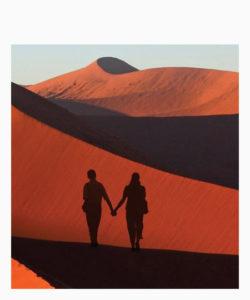
Spence acknowledges that it can be overwhelming to keep up with social media and encourages jewelers partner with manufacturers who can help with copy, images and videos they can easily post or share. Foerster urges the trade tell diamond stories. “It’s the responsibility of every manufacturer and retailer to tout the attributes that make diamond so valued.” She reminds jewelers there are resources they can use for best practices, information, training, and sales tools like Responsible Jewellery Council, Diamond Empowerment Fund, and Diamond Producers Association.
“We translate diamond’s story in every brand,” says Foerster, who cites a new collection, Kalahari Dream that’s part of diamond community initiatives in Botswana, Namibia and South Africa where the stones derive. With the tagline: “Unearth a diamond, uplift a community”, production funds hospitals, schools, clean drinking water, and more. In fact, Leo Schachter’s cutting factory in Botswana empowers local women, who dominate its workforce. “We’re less shy talking about these things. A lot depends on us to be more inventive.”

